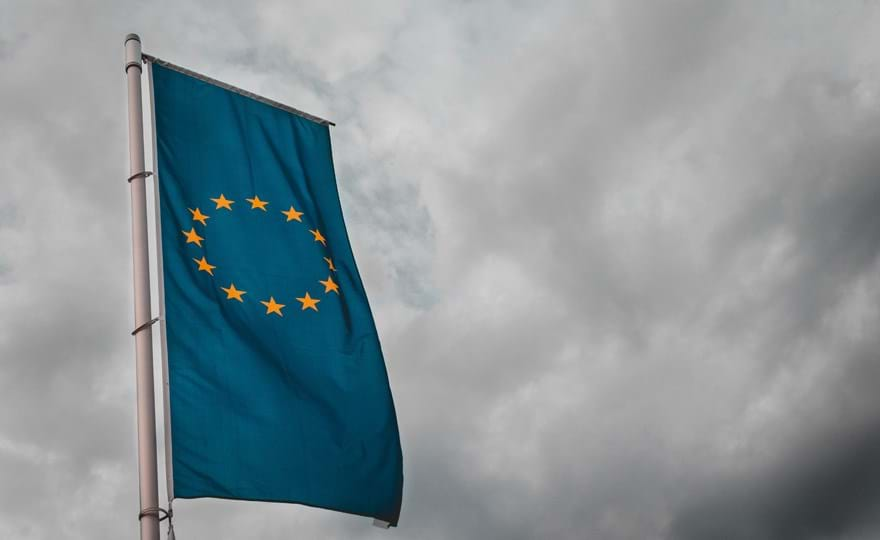ClientEarth Communications
5th May 2020


In a win for democracy and transparency, the EU Ombudsman has condemned the Council of the European Union for refusing to publish information on how it sets fishing catch limits.
Her criticism follows a complaint our lawyers lodged against the Council after many years of unexplained fishing quotas set above the scientific advice.
Year after year European fisheries ministers have continued to ignore scientific advice and set unsustainable fishing limits in closed-door meetings. The lack of transparency around the process means it’s extremely difficult to hold anyone to account for these decisions.
Our lawyers lodged a legal complaint against the Council seeking to open up the opaque decision-making process which blocks public scrutiny and keeps member state positions secret.
Following the complaint, the EU Ombudsman demanded the Council “proactively publish” all relevant documents so that EU citizens and civil society can hold them to account. But the Council disregarded these recommendations.
This allowed European fisheries ministers to again set unsustainable fishing limits for 2020 and miss the EU’s legal deadline to end overfishing.
We are glad that the Ombudsman is taking a stance against the Council’s lack of transparency as we have been calling for an end to this culture of secrecy for many years.
The EU ombudsman has now announced that the Council has breached EU transparency rules by refusing to provide the public with the information they need to participate meaningfully in the decision-making process.
EU Ombudsman Emily O’Reilly said: “This is disappointing. Furthermore, it suggests the Council has failed fully to grasp the critical link between democracy and the transparency of decision-making regarding matters that have a significant impact on the wider public. This is all the more important when the decision-making relates to the protection of the environment. The Council’s position appears to be that a key democratic standard - legislative transparency - must be sacrificed for what it considers to be the greater good of achieving a consensus on a political issue.”
ClientEarth Environmental democracy lawyer Anne Friel said:
“We are glad that the Ombudsman is taking a stance against the Council’s lack of transparency as we have been calling for an end to this culture of secrecy for many years.
“But we regret that despite taking crucial decisions for the future of our planet, the Council of the EU still refuses to open its decision-making to public scrutiny, dubiously claiming that it would delay or influence the process.
“We call on the Council to urgently implement the recommendations of the Ombudsman and increase transparency to make sure the public can participate in the decision making.”